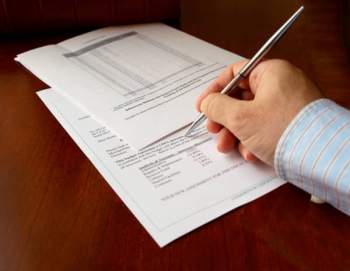
Asset Tracking at a Glance

Asset tracking and asset recovery are two important concepts when discussing probate law and the distribution of assets following an individuals death. Each of these terms can be used to describe a variety of different events and circumstances. When an individual creates a will, he/she establishes specific guidelines regarding the distribution of his/her estate following his/her death. Often. these individuals will work with an estate lawyers to help create a plan that will help him/her to avoid estate taxation, so that his/her loved ones can inherit the total intended amount.
However, if asset tracking does not occur, and if his/her will is not regularly updated, his/her extensive plan may be useless. Over time, the market value of items change and legislation regarding estate taxation also changes. Therefore, it is vital for an individual to remain up to date on these laws, in order to ensure a successful protection plan, and to track the fluctuation in asset market value. When considering the allocation of assets, he/she should also consider asset recovery.
Asset recovery refers to an individual's or a company's right to obtain the assets of a deceased individual. When an individual is appointed to acquire an inheritance, he/she is able to recovery the specified assets. However, he/she may not be the only individual who is able to attain the deceased's assets. For example, companies such as Medicaid, who provide low cost health care for elderly individuals, may have the right to partake in asset recovery.
As a result, the company may be permitted to acquire a deceased individual's assets, in order to cover the cost of the health care that was provided, and subsequently, Medicaid will be able to care for other patients.
NEXT: Asset Valuation at a Glance





















